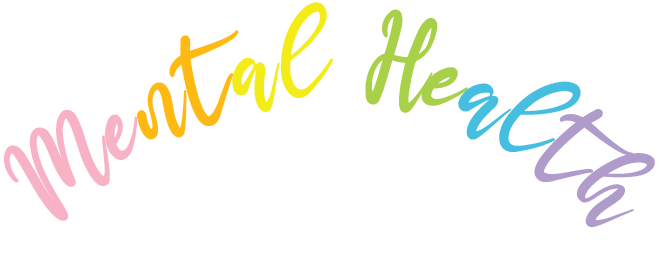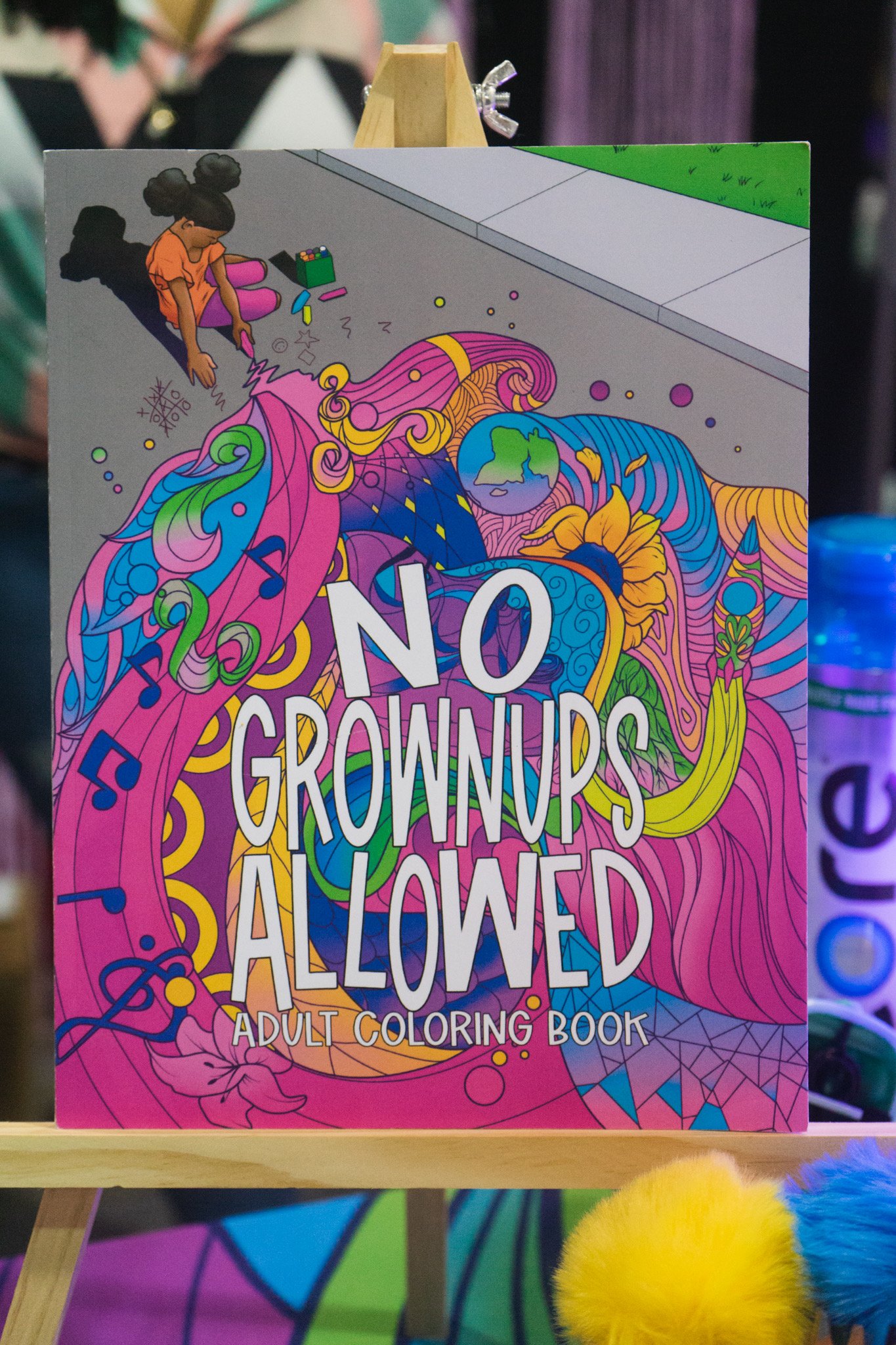7 Things You Can Do To Lessen Your Anxiety
For as long as I can remember, I’ve always been an anxious person but I didn’t know it until I started seeking therapy in 2018. I have anxiety disorder, which is described as having feelings of worry, anxiety, or fear that can be strong enough to interfere with your life and daily activities.
But I am not alone. Anxiety disorder is the most common mental illness in the United States. It affects nearly 40 million adults and 19% of the population. I think the United States of Anxiety is a more appropriate name, don’t you think? Anxiety disorder can develop from a number of things. These include genetics, trauma, your personality, your brain, and life events. I also have what they call High-Functioning Anxiety. For me, it looks like rumination, overthinking, a racing-mind, and difficulty relaxing. This was me up until 2020.
March 2020 changed the world. It also changed my level of anxiety. It made it worse. Everything that came after March 2020 made the anxiety skyrocket through the roof. For me, it was the uncertainty that came with the pandemic. Was I going to catch COVID-19? Would I survive? What would the world look like post pandemic? Worst, would I lose a loved one?
As a Black person, Summer of 2020 was possibly one of the most distressing summers of my generation. We were berated with constant images of George Floyd’s neck lodged under the kneecap of Derek Chauvin as the world grappled with this fact and reminded Black people of what we already knew: Black lives do not matter in America. It was a lot to process and deal with at the time.
Maybe you’re like me. You’re trying to live your life, love your people, and excel at what you're passionate about while the world is on fire. Of course, we have anxiety issues. The American Psychological Association surveyed psychologists and found that many of them were facing a demand increase in anxiety treatment. They also reported an increase in workload, longer waitlists, and low capacity for new patients.
Therapists are in big demand right now and you know who has it worse? Black women. Black women relate better to and are understood and nurtured more by other Black women. Naturally, the majority of us prefer a Black female therapist. However, only 6.7% of the mental health professional workforce identify as Black or African American. So, what do we do?
My least favorite thing about transitioning into a new job is the hassle that comes with potentially having to switch healthcare plans and providers. I had to find a new therapist because I also moved out of state and my therapist wasn’t licensed in my new location. Thankfully, I live where there is a good population of Black therapists to choose from. Sadly, it took me five months to see her and I’m not guaranteed to see her consistently because she stays booked.
So, I’ve been taking matters into my own hands. I want to share with you what I’ve been doing to lessen the anxiety:
1. Going outside
Humans, by design, are connected to nature. We were made to enjoy the rest of creation. For this reason, going outside is a no-brainer, if you want to feel better. Spending time outdoors reduces stress, improves your mood, and boosts your cognitive function. Try sitting in the park, walking on the beach, lying by the pool, taking your dog for a walk, or sitting on your porch or patio. Being outdoors and enjoying nature helps you to slow down since you aren’t being bombarded with the everyday stimuli you are used to .
2. Playing
Playing is for everyone, regardless of your age. Playing isn’t just something to enjoy, it’s also good for your brain. When adults play, it can trigger the release of endorphins, which helps your body to feel good thereby reducing stress. Playing challenging brain games like puzzles or checkers, can also improve brain function. Creative activities such as coloring, painting, and drawing helps to boost creativity and imagination. Playing, regardless of how you play, will improve your mood and help you to relax.
3. Getting Massages
I carry tension in my body like nobody’s business. Thankfully, I met an amazing massage therapist whose hands were touched by God. Literally. I remember thinking that he had his work cut out for him during my first visit. I came in with sciatica nerve pain and plenty of knots. Some people outwardly express anxiety. I don’t. I can be a nervous wreck inside and still manage to carry a calm demeanor. Unfortunately, I hold that stress in my body and I have to be intentional about releasing it. I have to be intentional about relaxing. According to Mayo Clinic, massages help to lower anxiety. Massages help to reduce stress and increase relaxation, reduce pain and muscle soreness and tension, improve circulation, energy and alertness, lower heart rate and blood pressure, and improve immune function.
4. Exercising
Did you know if your body feels good, so does your mind (and vice versa)? Regular exercise has been shown to decrease tension levels, improve and stabilize your mood, improve sleep, and boost self-esteem. In fact, an intense workout can have a positive effect on people with anxiety for hours. The effect lasts longer if you incorporate exercise into your schedule. I’d like to take a moment to pause and show appreciation to Beyoncé for making the gym album of the year. It has been my go-to workout album as of late.
5. Breathing
Breathing exercises are a new territory for me. I didn’t realize how much of my breath I held in until I started focusing on my breathing. I also didn’t know that breathing improperly contributes to anxiety and panic attacks. Lately, I’ve been using breathing exercises when I am near an anxiety attack or when I need to calm myself down at that moment. I typically sit still, put on calming music or pay attention to nature sounds when I am outside, and focus on my breathing. I close my eyes, inhale, and then exhale. Slowly. If you want to look into more breathing exercises, here are 8 deep breathing exercises for anxiety.
6. Sleeping
According to researchers, anxiety is often connected to poor sleep. Here are some of my tips on getting better sleep.
7. Meditating
Meditation is a mindfulness practice that helps you to be fully present and aware of yourself. It allows you to be still and practice quieting your thoughts. Meditation is not easy, especially for those of us who have active minds and ADHD. I’ve been using the Calm app and it has been really helpful. Anything you can think of to help relax, they have it. The app includes guided meditation, nature scenes and sounds, videos on mindful movement and stretching, and calming music. I love the soundscapes, especially City Streets. Check it out for yourself!
Although 2020 really affected my anxiety, it allowed me to share my talent with the world. I made a coloring book that helps to decrease anxiety, boost productivity, and enhance adult creativity. More recently, I’ve been reminding myself and others of this simple thing – that everything will be okay. I know this now. Focus on whatever is good, lovely, pure, and right and you will see this too.
About Me
Nadine Marcelin is a Productivity Professional whose passion is to help learners and workers maximize their productivity and produce good results in their personal and work lives. Nadine founded Lemonadine to help people be fruitful in their workplace, school, and daily life through office, school, and art supplies. Within the first two years, Lemonadine has already launched two product lines: No Grownups Allowed and 7Days.
Instagram: instagram.com/lemonadine

